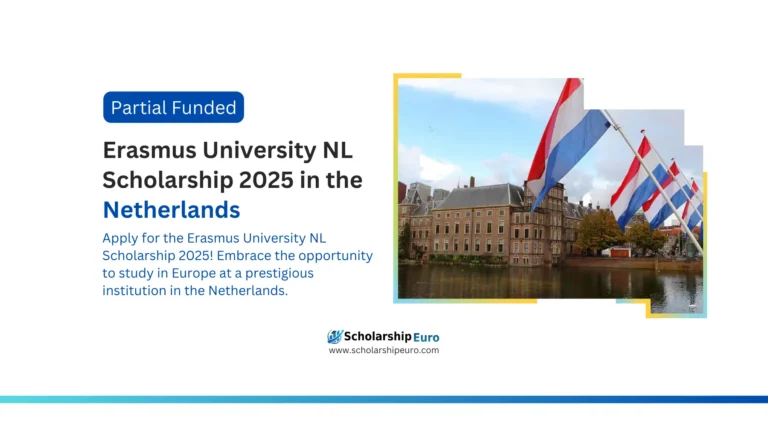Join our PhD in Adaptive Systems Design Esthetics. Learn to create designs that evolve with technology and enhance user experience in dynamic settings.
Description
Applications are requested for a fully funded four-year PhD post in the area “Designing with Intelligence” which will focus on the significance of uncertainty in present and future design esthetics that involve smart adaptive systems using designer research methods and practices.
Job description
We invite applications for a fully-funded 4-year doctoral position situated at the cluster “Designing with Intelligence” on exploring, through designer research and practice, the relevance of uncertainty for current and/or emerging design esthetics of intelligent adaptive systems.
Motivation
When considering systems of any type, AI technologies now form core components of their architectures. ChatGPT, Stable Diffusion, or Mid-journey are obvious examples, but systems of finance, navigation, weather prediction, entertainment, and the infrastructures (e.g., cloud services, search engines) underpinning and interconnecting them are equally reliant on AI technologies.
In turn, design research and practice are asked to respond and develop new ways of designing with and for the use of such systems, which through AI technologies exhibit adaptive capacities usually associated with intelligence.
Yet, design seems to be lagging: AI technologies are generally interfaced with via conventional forms (e.g., chatbot) that have little to do with the manifold opportunities that AI technologies present as a design material.
With so much happening in the inner workingwomen data processing to probabilistic premedications of AI technologies and the systems they are embedded in, design researchers and practitioners are still called upon to more deeply explore the aesthetic potential of AI technologies and their components towards evocative new possibilities.
The technical attribute of uncertainty (i.e., data noise and model variance2) has been proposed as one way to consider AI technologies as a specific design material3 and first conceptual vocabularies4 and designer explorations5 have been developed.
This work has suggested that designing with uncertainty opens opportunities for evocative speculative, playful, and exploitative design in a way that reflects the specifics of AI technologies and the material infrastructures they are embedded.
Research Avenues
This doctoral dissertation investigates the role of doubt in creation, with a focus on the beauty of smart learning processes. The investigation will delve into prefabricated resources such as designs, classifications, categories, and inventories to their patterns and how they relate to artificial intelligence and computer systems. The purpose of this study is to construct basic pieces of machinery.
Job Requirements
Master’s Degree in Design, Human-Computer Interaction, Interaction Design, Design Research, Philosophy of Technology, Design/Visual/Philosophical Anthropology, STS or mixed educational degrees required.
- Experience with Research-through-Design approaches and prototyping interactive systems/research products.
- Interest in design theory, cultural/philosophical anthropology, and philosophies of technology.
- Experience in qualitative methods in design.
- Early track record of publications in related research areas.
- Research-oriented attitude and ability to work in interdisciplinary teams.
- Motivated to develop teaching skills and coach students.
- Fluent in spoken and written English (C1 level).
Conditions of Employment
- Full-time position is available for four years after which interim appraisal shall be conducted at the end of the first nine months.
- 10% of employment dedicated to teaching obligations
- The monthly payment for salary and its package reflects the Dutch University Collective Labor Agreement.


